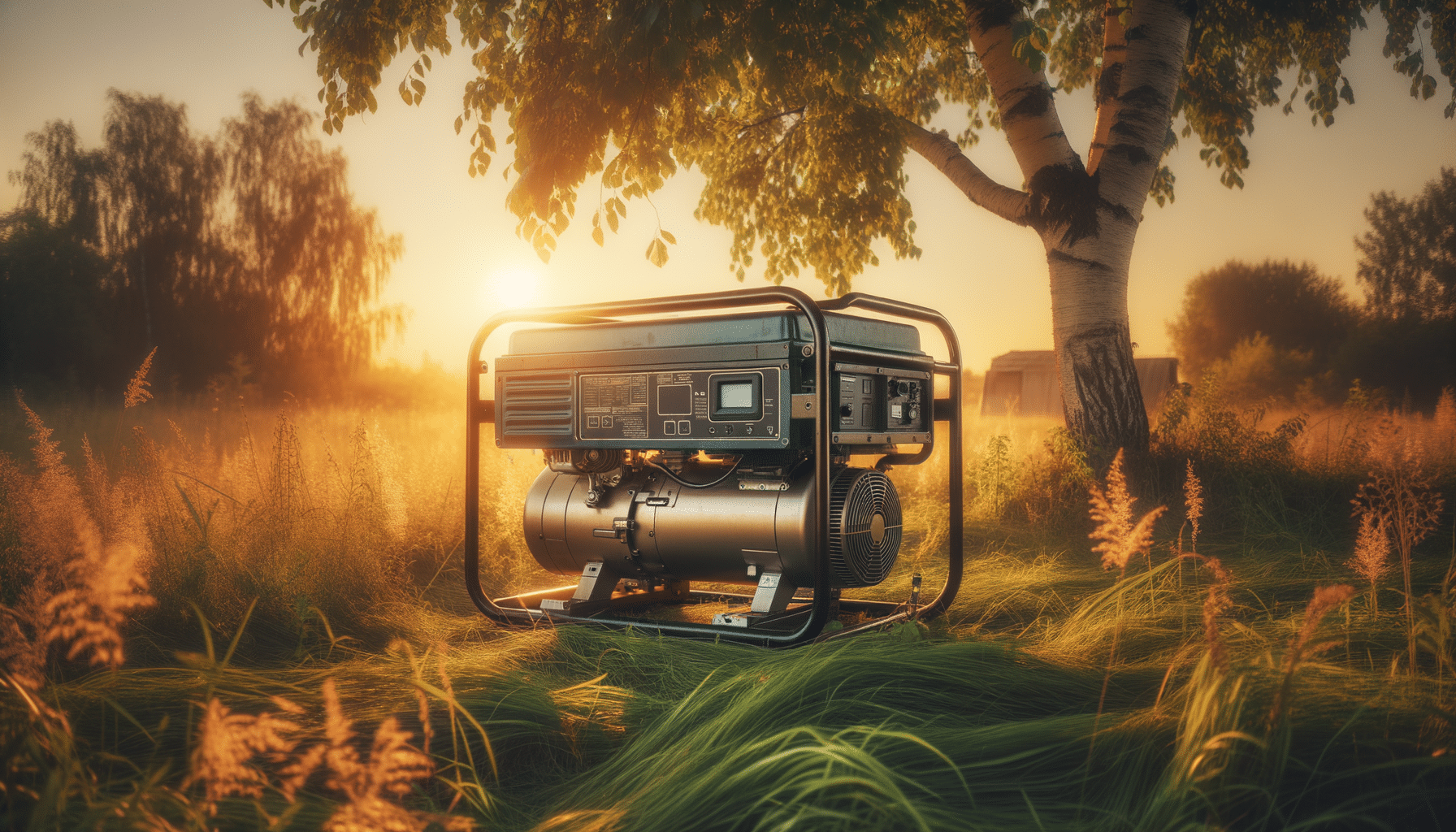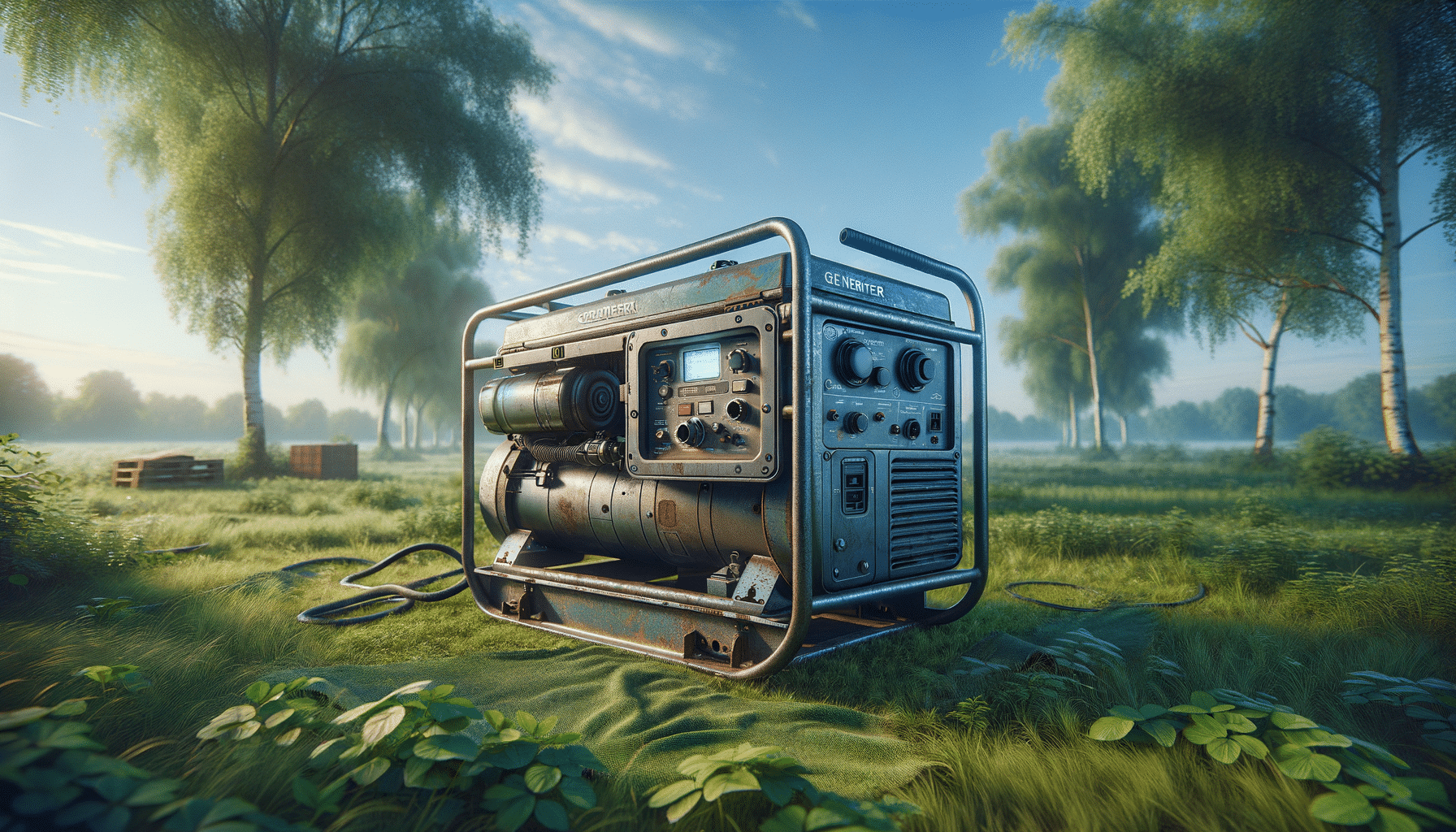
Understanding Portable Diesel Generators: A Comprehensive Guide
Introduction to Portable Diesel Generators
In today’s world, where power outages and off-grid adventures are becoming more common, portable diesel generators have emerged as a reliable solution for those in need of consistent energy. These generators are not only known for their efficiency but also for their durability, making them a popular choice among various user groups, from homeowners to outdoor enthusiasts.
Portable diesel generators are designed to provide electricity in situations where traditional power sources are unavailable or unreliable. They are commonly used during power outages, in remote construction sites, and for outdoor events. The portability of these generators makes them particularly appealing, as they can be easily transported to different locations as needed.
This article delves into the various aspects of portable diesel generators, exploring their benefits, operational mechanics, and the factors to consider when choosing one. Whether you’re a homeowner preparing for emergencies or an adventurer seeking power on-the-go, understanding these devices can help you make informed decisions.
Benefits of Portable Diesel Generators
Portable diesel generators offer several advantages that make them a preferred choice for many users. One of the primary benefits is their fuel efficiency. Diesel engines are known for their ability to generate more energy per gallon of fuel compared to gasoline engines. This efficiency translates into longer run times and less frequent refueling, which is particularly beneficial during extended power outages or remote operations.
Another significant advantage is durability. Diesel engines are built to withstand rigorous use and can operate under challenging conditions. This robustness makes them suitable for construction sites and outdoor events where reliability is crucial. Additionally, diesel fuel is less flammable than gasoline, reducing the risk of fire hazards.
Portable diesel generators also tend to have a longer lifespan due to their sturdy construction and lower RPM (revolutions per minute) operation, resulting in less wear and tear. This longevity can lead to cost savings over time, as users spend less on maintenance and replacements.
- Fuel efficiency and longer run times
- Durability and reliability in harsh conditions
- Safety due to lower flammability
- Longer lifespan with reduced maintenance costs
How Portable Diesel Generators Work
Understanding the mechanics of portable diesel generators can help users appreciate their functionality and maintain them effectively. At the core of these generators is the diesel engine, which burns diesel fuel to create mechanical energy. This mechanical energy is then converted into electrical energy through an alternator.
The process begins with the engine drawing in air, compressing it to a high pressure, and then injecting diesel fuel into the compressed air. The heat generated by the compressed air ignites the diesel fuel, causing combustion. This combustion drives the pistons, which in turn rotate the crankshaft and generate mechanical energy.
The alternator then takes over, converting the mechanical energy into electrical energy. The electricity produced can be used to power appliances, tools, and other devices. Most portable diesel generators come equipped with control panels that allow users to monitor and regulate the power output, ensuring safe and efficient operation.
- Air intake and compression
- Fuel injection and combustion
- Conversion of mechanical energy to electrical energy
- Control panel for monitoring and regulation
Choosing the Right Portable Diesel Generator
Selecting the appropriate portable diesel generator depends on several factors, including power needs, budget, and intended use. The first step is to determine the wattage required to power all the necessary devices. This involves adding up the wattage of each device and ensuring the generator can handle the total load.
Consider the generator’s runtime and fuel efficiency, especially if it will be used for extended periods. A generator with a large fuel tank and efficient fuel consumption will require less frequent refueling, which is advantageous in remote areas or during long outages.
Noise level is another crucial factor, as some generators can be quite loud. If the generator will be used in residential areas or during events, opting for a model with noise reduction features can be beneficial. Additionally, look for generators with safety features like automatic shut-off and overload protection to ensure safe operation.
- Determine total wattage requirements
- Evaluate runtime and fuel efficiency
- Consider noise levels and noise reduction features
- Look for safety features like automatic shut-off
Conclusion: Making an Informed Choice
Portable diesel generators are invaluable tools for ensuring power availability in various situations, from emergencies to outdoor adventures. By understanding their benefits, mechanics, and selection criteria, users can choose the right generator to meet their specific needs. These generators offer a reliable and efficient power solution, with the added benefits of durability and safety.
As you consider investing in a portable diesel generator, keep in mind the factors discussed in this article. By doing so, you can make an informed decision that provides peace of mind and ensures you are well-prepared for any power-related challenges that may arise.


